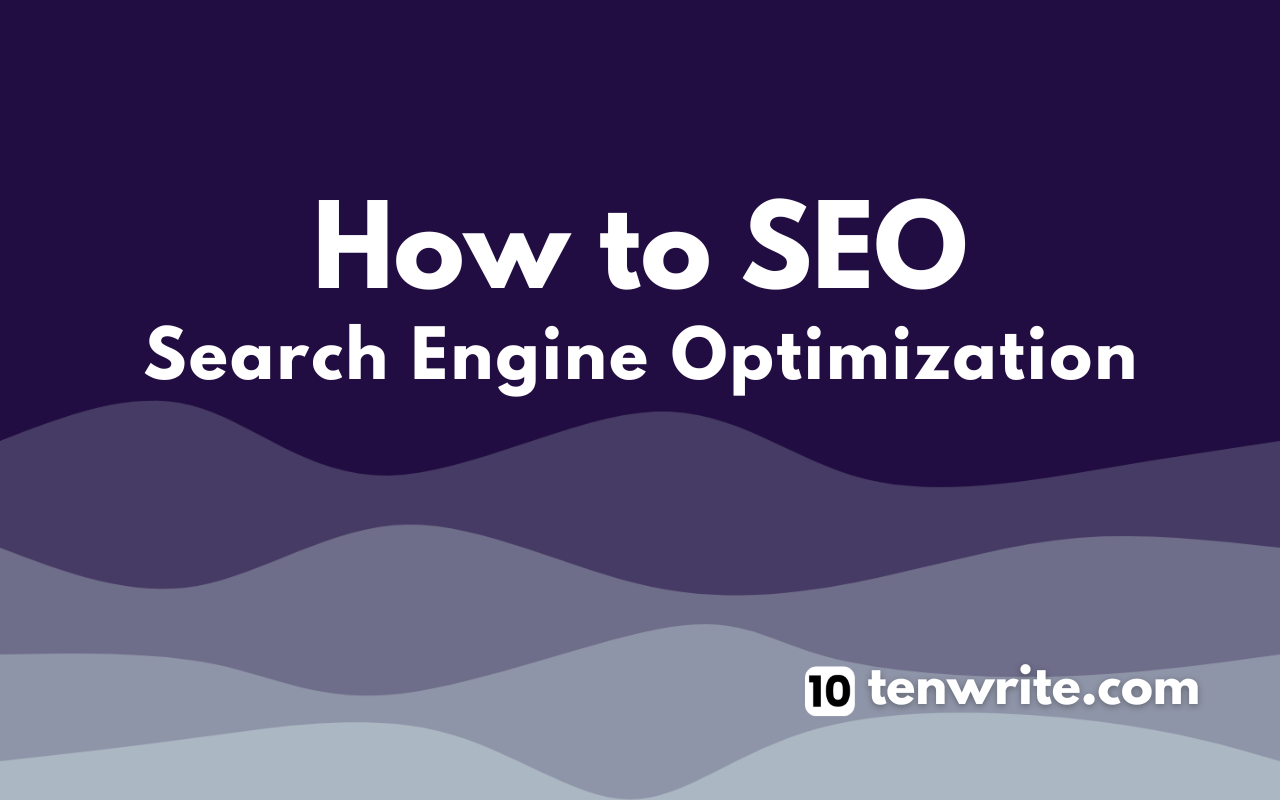If you're a blogger or a business owner with a website, you've probably heard the term "SEO" before. But what is SEO, and why does it matter? In this blog post, we'll explore the basics of search engine optimization (SEO) and provide some tips on how to optimize your website for search engines like Google.
What is SEO, and Why Does it Matter ?
SEO stands for "search engine optimization." It's the process of improving the visibility and ranking of your website in search engine results pages (SERPs). When someone searches for a specific keyword or phrase on a search engine like Google, the search engine displays a list of relevant websites in the form of a SERP. The higher your website ranks on the SERP, the more likely it is that people will click on your website and visit it.
Why does SEO matter? Simply put, SEO can drive traffic and lead to your website. By optimizing your website for search engines, you can increase the chances that people will find your website when they search for keywords related to your business or blog. This can lead to more visits, more leads, and ultimately more revenue for your business.
How to SEO ?
So how do you optimize your website for search engines? Here are a few steps to get started:
- Conduct keyword research: Identify the keywords and phrases that people are using to search for content related to your business or blog. You can use tools like Google's Keyword Planner or Ahrefs to help you find the most popular and relevant keywords.
- Optimize your website's content: Use your keyword research to optimize the content on your website. This means including your keywords in the titles and headings of your pages, as well as in the body of your content. Make sure to use your keywords naturally, as stuffing your content with too many keywords can actually hurt your SEO.
- Improve your website's technical SEO: There are a number of technical aspects of your website that can affect its SEO. These include things like the speed of your website, the structure of your URLs, and the presence of broken links. You can use tools like Google's PageSpeed Insights or Ahrefs' Site Audit to identify and fix any technical issues on your website.
- Build quality backlinks: Backlinks are links from other websites to your website. Search engines view backlinks as a sign of trust and authority, so having a good number of high-quality backlinks can improve your website's ranking. You can build backlinks by creating quality content that other websites will want to link to, or by reaching out to other websites and asking them to link to your content.
Tips and Reminders for SEO
- Keep your content fresh and updated: Search engines prefer websites with fresh, regularly-updated content. Make sure to regularly add new, relevant content to your website to keep it fresh and improve its ranking.
- Use responsive design: More and more people are using their phones and tablets to access the internet. Make sure your website is designed to be responsive, meaning that it looks good and is easy to use on any device. This will help improve your SEO, as search engines favor websites that are mobile-friendly.
- Don't try to cheat the system: There are a number of tactics that people have used in the past to try and "trick" search engines into ranking their website higher. These tactics, known as "black hat" SEO, are generally frowned upon by search engines and can even get your website penalized or banned. Instead, focus on creating quality.
Conclusion
Search engine optimization (SEO) is the process of improving the visibility and ranking of your website in search engine results pages. By conducting keyword research, optimizing your website's content, improving your website's technical SEO, and building quality backlinks, you can increase the chances that people will find your website when they search for keywords related to your business or blog. Remember to keep your content fresh, use responsive design, and avoid trying to cheat the system. With a little effort and attention to detail, you can improve your website's SEO and drive more traffic and lead to your business or blog.

Leave a Reply